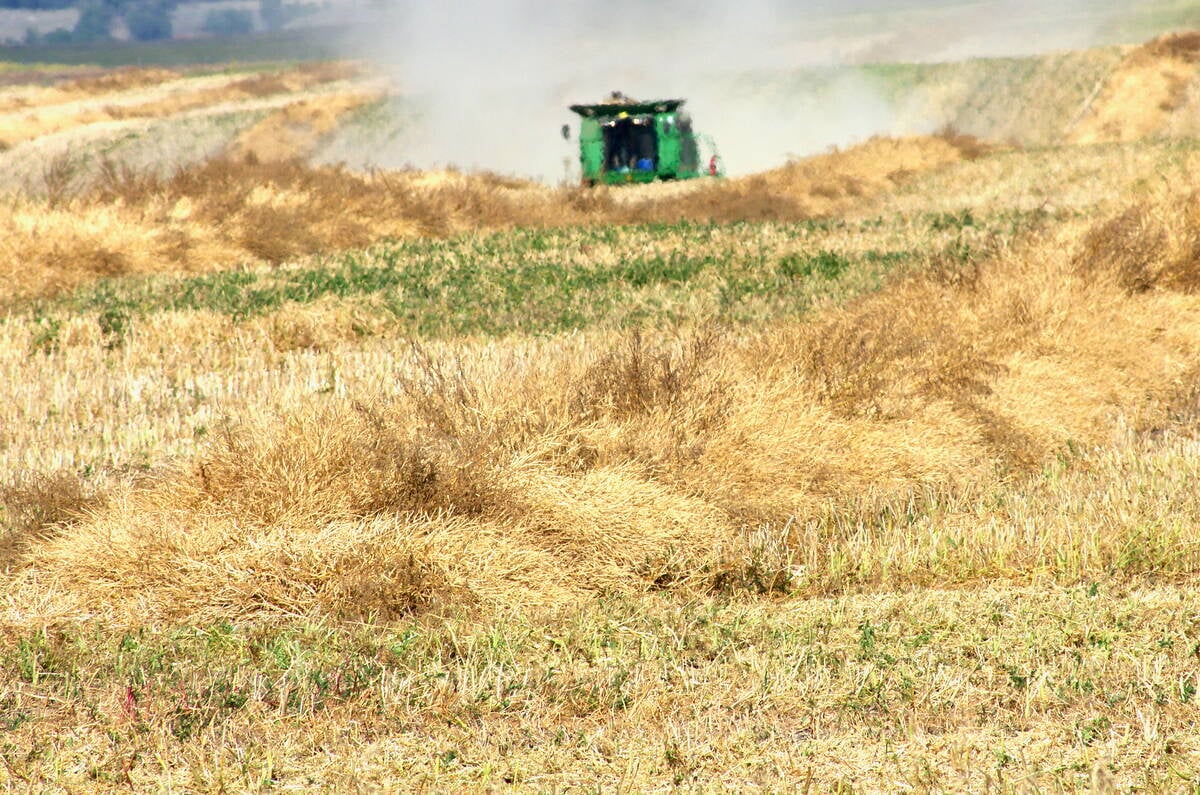The operators of two new packing plants say the proposal from the Canadian Food Inspection Agency to eliminate central nervous system material from animal feed to prevent inadvertent BSE infections will hurt farm income.
Representatives from Atlantic Beef Producers’ Co-op with a plant in Borden, P.E.I., and Gencor Foods Inc. of Kitchener, Ont., told the Senate agriculture committee Feb. 15 the proposed ban will create new costs for packers, lower prices for producers and create an environmental nightmare for disposal of thousands of tonnes of brain and spinal cord material.
Read Also

Manitoba searches for Plan B on canola oil exports
A new report explores Manitoba’s current canola oil trade and possible alternative markets to the U.S.
The CFIA has proposed the ban of specified risk material from all animal feed, expanding the ban in ruminant feed imposed in 1997. The public consultation period ends Feb. 24.
“The new regulations are not dealing with how to dispose of SRM,” Gencor general manager Mark Ishoy told senators. “They simply say that you cannot put them into the feed or fertilizer stream. To my knowledge, there is no other place at this time to put them nor does the law contemplate where they will go.”
Ishoy said it is a proposed law with no obvious way to make it work.
“There is a law being made that contains no solution,” he said.
Dean Baglole, chair of the board of the Atlantic plant, said producers selling cattle to packers will pay the price.
“If the SRM cost adds $35 to the cost of processing the animal, it does not go on the top end,” he said. “The consumer will not see that in the store. That will go down to the producer eventually and that is a problem for producers because this is a tough business.”
He said the government should make sure it is the right decision and that “all the angles and all the opportunities” are examined before a new rule is imposed.
Nova Scotia Conservative senator Donald Oliver was sympathetic.
“It is truly a never-never land,” he said. “There is just no place, no solution.”
The CFIA and supporters of the total SRM ban say it would end the possibility of cross-contamination between ruminant feed and feed for other animals that may be stored together.
Ishoy said there is also a competitive problem with the proposal.
The United States is not moving toward a total SRM ban, giving American packers a $35 advantage per animal.
“I do not think that any of us in business are na•ve enough to think that whatever the number is, that the government will write us a cheque to cover that disadvantage as we go forward,” he said. “That would put us at a disadvantage to the rest of the industry.”
Meanwhile, he said the Canadian government also makes it tough for domestic packers by routinely allowing offshore meat into the country above the required import level of 76,000 tonnes.
During the BSE crisis and under pressure from the industry, the federal trade department has stopped issuing most supplemental import permits for product over the minimum required.
Ishoy said if the government returns to allowing over-quota meat into the country once the American border reopens, these shipments should be subject to a high tariff.














